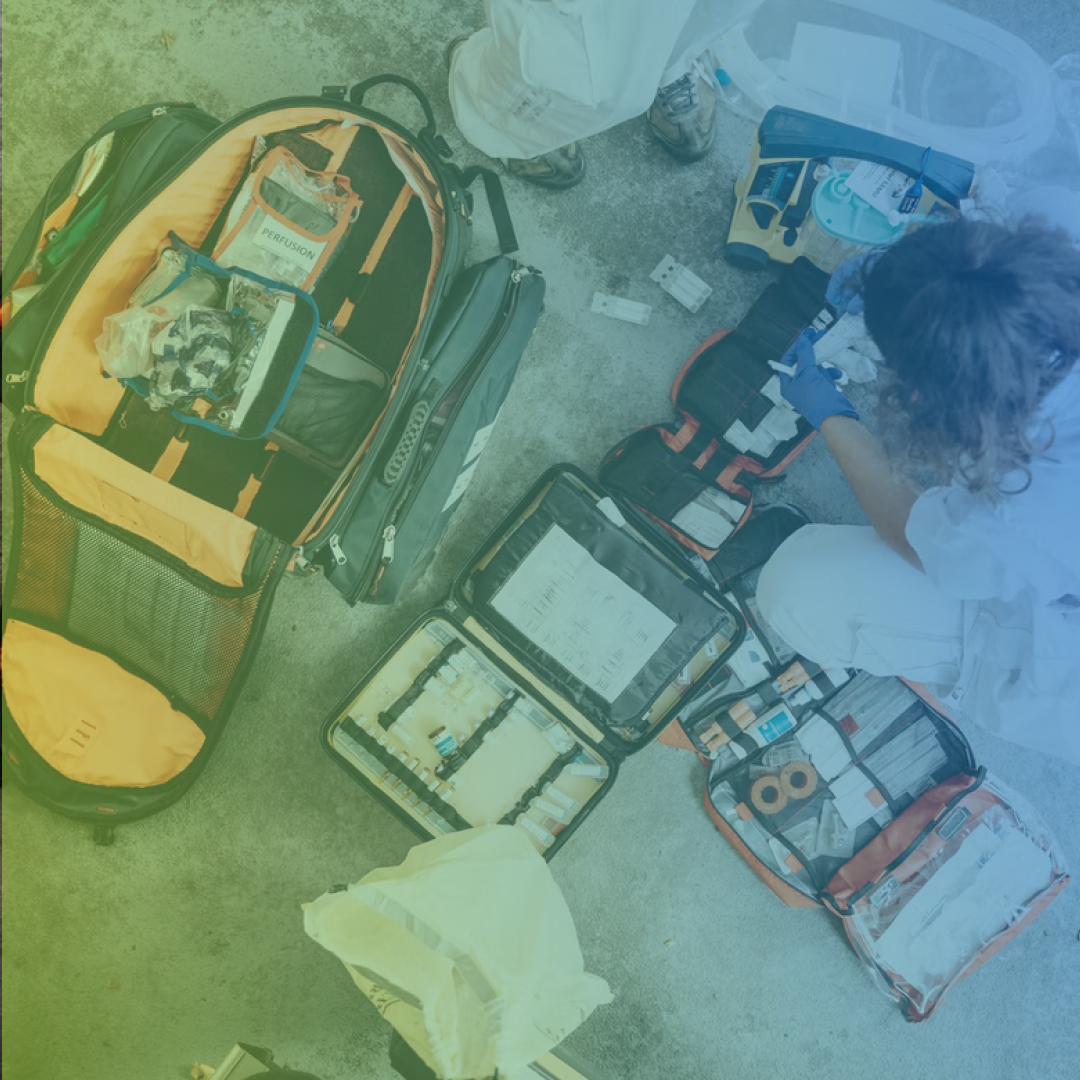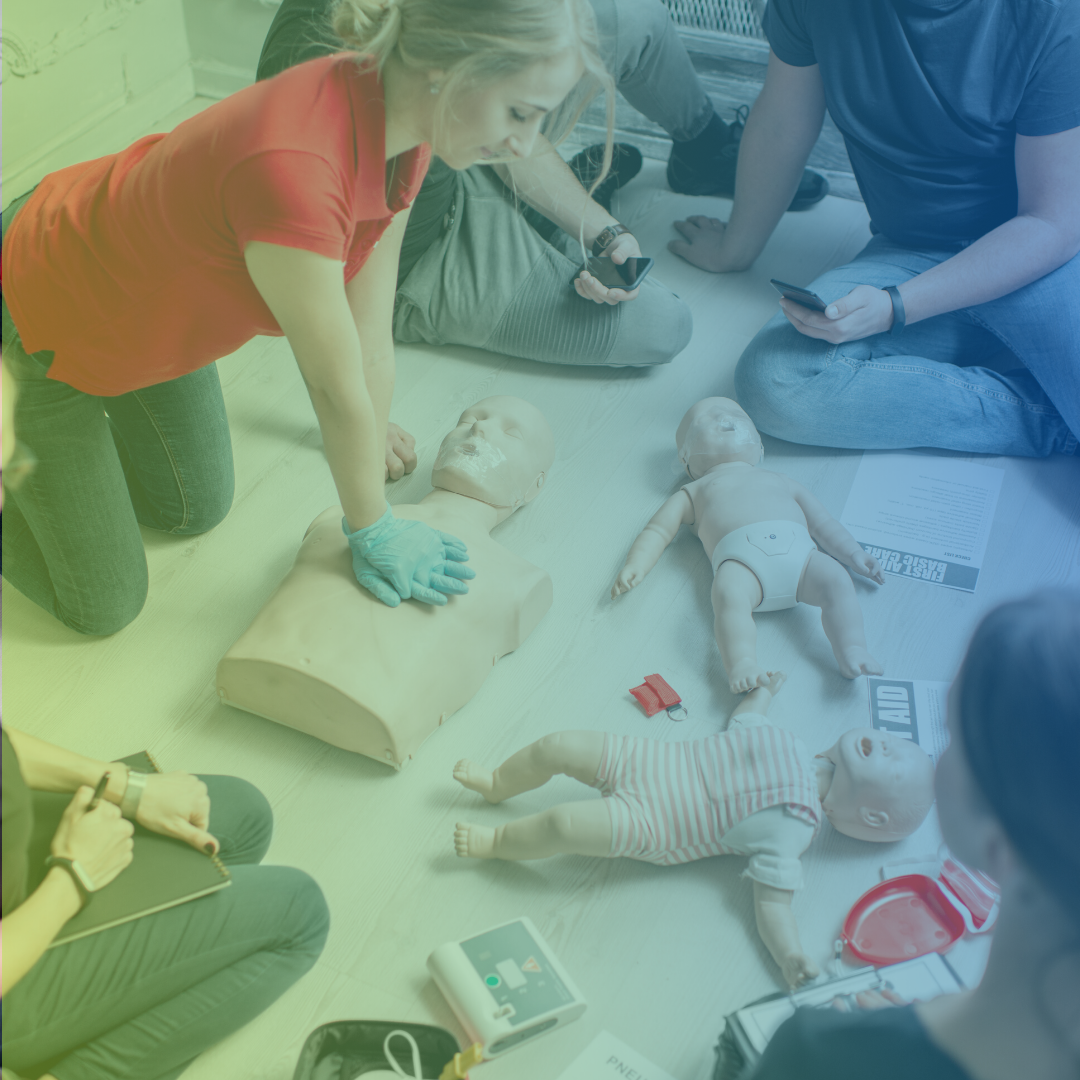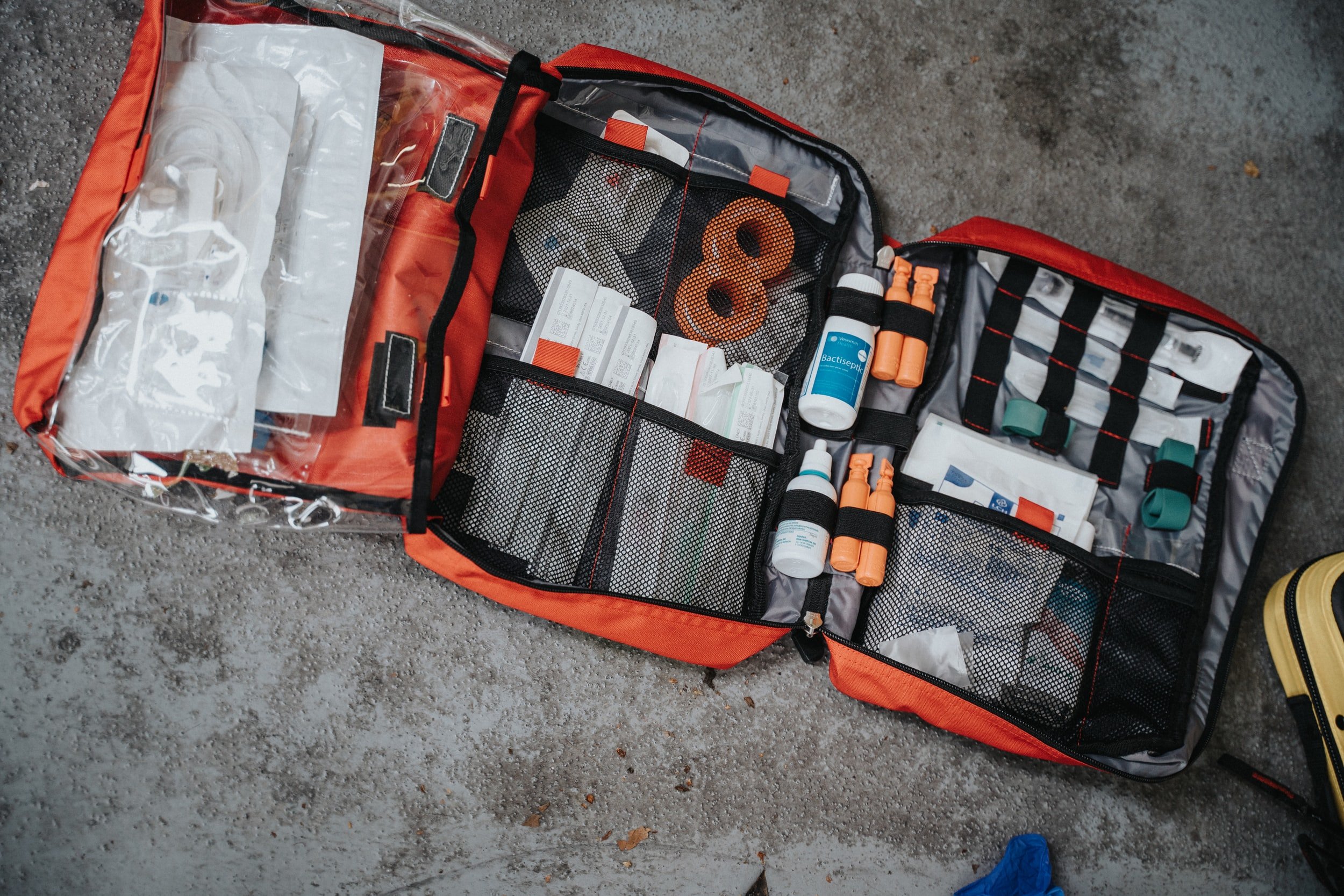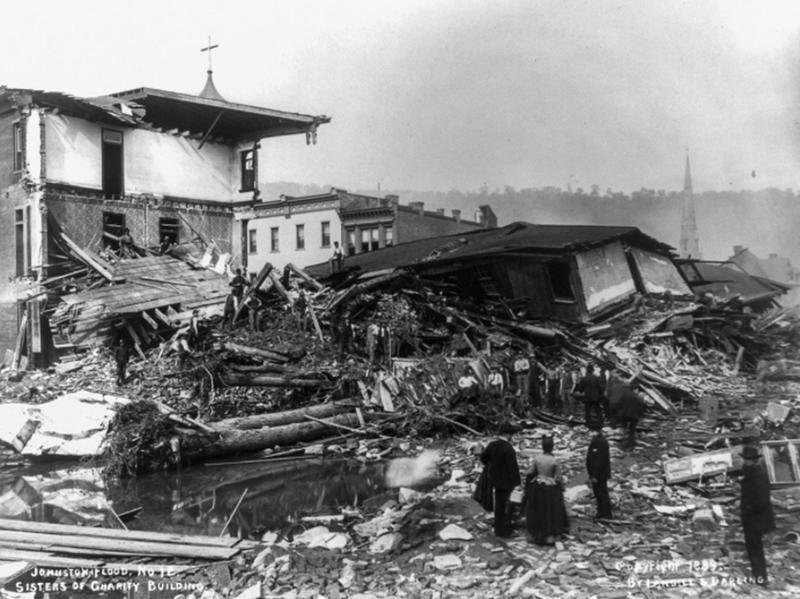
CPR/ First Aid Training
First Aid training gives you the information and the skills you need to help adults and children during many emergency situations while waiting for medical professionals to arrive.

CPR Training
Immediate CPR can double or triple chances of survival after cardiac arrest.

CPR/ First Aid Training
First Aid training gives you the information and the skills you need to help adults and children during many emergency situations while waiting for medical professionals to arrive.

CPR/ First Aid Training
First Aid training gives you the information and the skills you need to help adults and children during many emergency situations while waiting for medical professionals to arrive.

CPR Training
Immediate CPR can double or triple chances of survival after cardiac arrest.

Albany Virtual Evacuation Drill
The Albany Virtual Evacuation Drill allows participating Albany community members to receive real-feeling test notifications through AC Alert via email to practice evacuating their places of residence. Evacuating quickly and effectively takes planning, preparation, and practice. With this drill, you will be able to test your evacuation strategy to find out what parts of it went well and what can be improved upon.
Visit www.readyalbany.org for more information on how to prepare for disasters, make an emergency plan, and get involved to assist your community during an emergency.
How to Sign Up:
To opt-in to receive official Albany emergency notifications and Virtual Evacuation Drill notifications, subscribe to AC Alert. AC Alert takes a couple of minutes to sign up for. This allows you to stay informed about emergencies and other community information for a variety of situations including road closures, missing persons, and Zonehaven for evacuation orders, warnings, and advisories.
Need help subscribing to AC Alert for the City of Albany? Click here to learn more.
How to Prepare:
The City of Albany urges everyone to “Know your zone” and go to myzone.zonehaven.com to find your zone number and identify your neighborhood in the event of an evacuation. Zonehaven is an interactive web map updated by local officials during emergencies to share information. Bookmark the Zonehaven site on your computer and mobile phone so that it is quickly accessible during an evacuation.
Pack a “go bag” for you and your family members. A go-bag is a backpack with essential items like medicine, glasses, snacks, water, warm jacket, cell phone, cell phone charger, and any other smaller items you may need. Learn more about what to pack at readyalbany.org/emergency-kits.

National Preparedness Month Week 4
National Preparedness Month (NPM) is an observance each September to raise awareness about the importance of preparing for disasters and emergencies that could happen at any time.
Week 4 September 19-25: Teach Youth About Preparedness
Talk to your kids about preparing for emergencies and what to do in case you are separated. Reassure them by providing information about how they can get involved.

National Preparedness Month Week 3
National Preparedness Month (NPM) is an observance each September to raise awareness about the importance of preparing for disasters and emergencies that could happen at any time.
Week 3 September 12-18: Low-Cost, No-Cost Preparedness
Natural disasters don’t wait for a convenient time. Preparing for them shouldn’t wait either. Start today by signing up for alerts, safe-guarding important documents, and taking other low cost and no cost preparedness actions to lessen the impact of disasters and emergencies for you and your family.

CPR/ First Aid Training
First Aid training gives you the information and the skills you need to help adults and children during many emergency situations while waiting for medical professionals to arrive.

National Preparedness Month Week 2
National Preparedness Month (NPM) is an observance each September to raise awareness about the importance of preparing for disasters and emergencies that could happen at any time.
Week 2 September 5-11: Build A Kit
Gather supplies that will last for several days after a disaster for everyone living in your home. Don’t forget to consider the unique needs each person or pet may have in case you have to evacuate quickly. Update your kits and supplies based on recommendations by the Centers for Disease Control.

National Preparedness Month Week 1
National Preparedness Month (NPM) is an observance each September to raise awareness about the importance of preparing for disasters and emergencies that could happen at any time.
Week 1 September 1-4: Make A Plan
Talk to your friends and family about how you will communicate before, during, and after a disaster. Make sure to update your plan based on the Centers for Disease Control recommendations due to the Coronavirus.

National Lightning Safety Awareness Week
The National Lightning Safety Council was established to promote lightning safety education and awareness. National Lightning Safety Awareness Week is a unique opportunity to provide the public with safety information about lightning. We also encourage you to visit NOAA's comprehensive lightning safety website to learn more about lightning and lightning safety.
No place outside is safe when thunderstorms are in the area. When thunder roars, go indoors!

National Pet Preparedness Month
June is National Pet Preparedness Month. While you should be prepared for pet emergencies year-round, this month offers an important reminder to review your family’s emergency plans and ensure you’ve incorporated a plan for your pets as well.
Pet owners should create a pet-friendly family emergency plan, and it’s essential that pet-care professionals, such as pet sitters and dog walkers, have disaster plans for their pet-care businesses in place as well.

National Dam Safety Awareness Day
On May 31st, we join together to commemorate National Dam Safety Awareness Day. National Dam Safety Awareness Day was established in memoriam of the 2,220 people who lost their lives in the 1889 South Fork Dam failure near Johnston, Pennsylvania. The collapse of the South Fork Dam was a tragedy, but by no means was it an isolated incident. As we observe the 132nd anniversary of the South Fork Dam tragedy, we encourage you to understand the continued importance of dam safety, the role various parties play, current issues, and why investment in this infrastructure is urgently needed.

Don't Fry Day
The National Council on Skin Cancer Prevention designated the Friday before Memorial Day as Don’t Fry Day. The Council’s goal is to encourage sun safety awareness by reminding everyone to protect their skin while enjoying the outdoors on Don’t Fry Day and every day.

National Wildfire Awareness Month
We are all adjusting to new schedules and routines due to the coronavirus (COVID-19) pandemic. One thing many of us have in common is we are spending more time at home which makes it especially important to prepare and protect our homes. As hotter, drier weather of summer approaches, the risk of wildfire increases. While practicing social distancing, FEMA encourages you to make sure your home and your family are prepared for wildfires.


#SafePlaceSelfie Day
If there was one extreme weather preparedness action you want your loved ones to take, what would it be? For many, that one action is to know ahead of time where their safe place is located. On April 6, 2022, please join the National Weather Service and its Weather-Ready Nation Ambassadors to take a “selfie” and post with the hashtag #SafePlaceSelfie.

California Tsunami Preparedness Week
California's Tsunami Preparedness Week is March 25 - 29. Cal OES, the California Geological Survey, and the National Weather Service coordinate through the California Tsunami Program to assist local coastal partners with planning activities. During Tsunami Preparedness Week, the California Tsunami Program will support local partners by presenting information to community members, participating in evacuation exercises, community drills (tsunami walks), and staffing information booths at preparedness fairs.
Catastrophic tsunamis are rare. We may have a tendency to get complacent and think that one will never happen while we’re at the beach. However, every coastline in the world is vulnerable to a tsunami. Although a tsunami cannot be prevented, you can diminish adverse impacts through community preparedness, timely warnings and effective response.